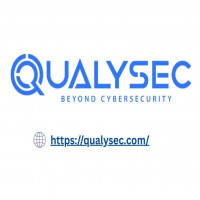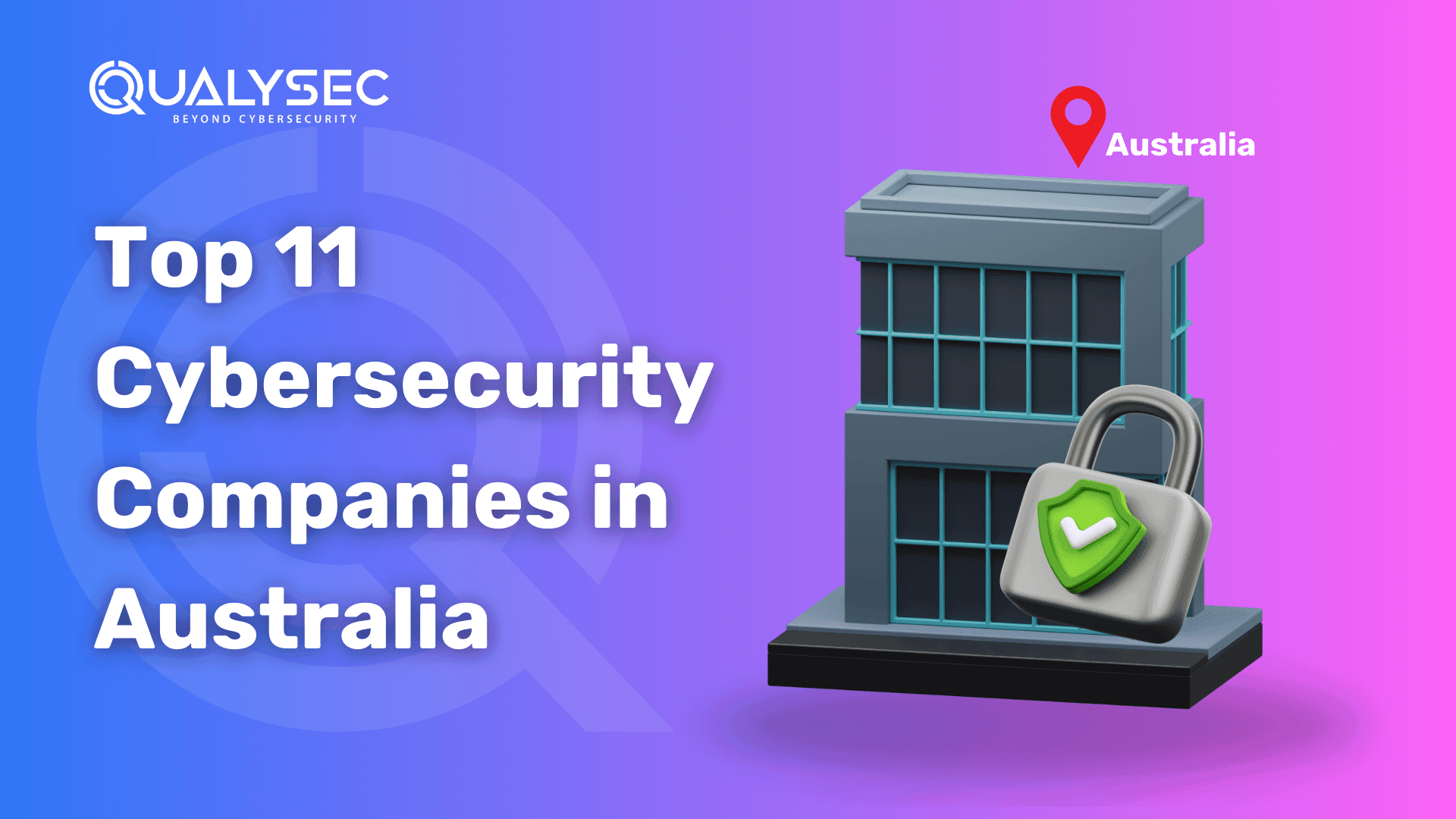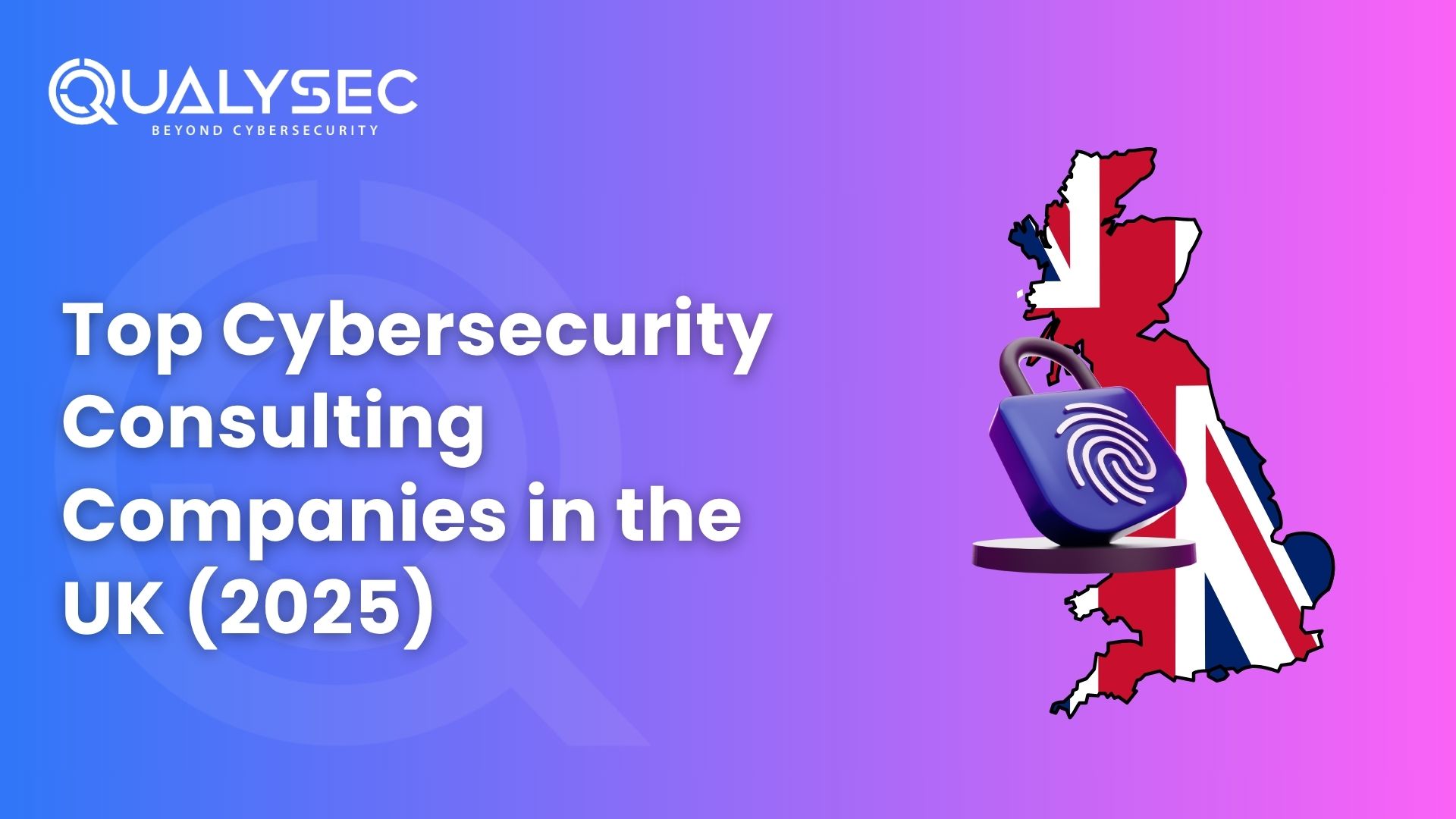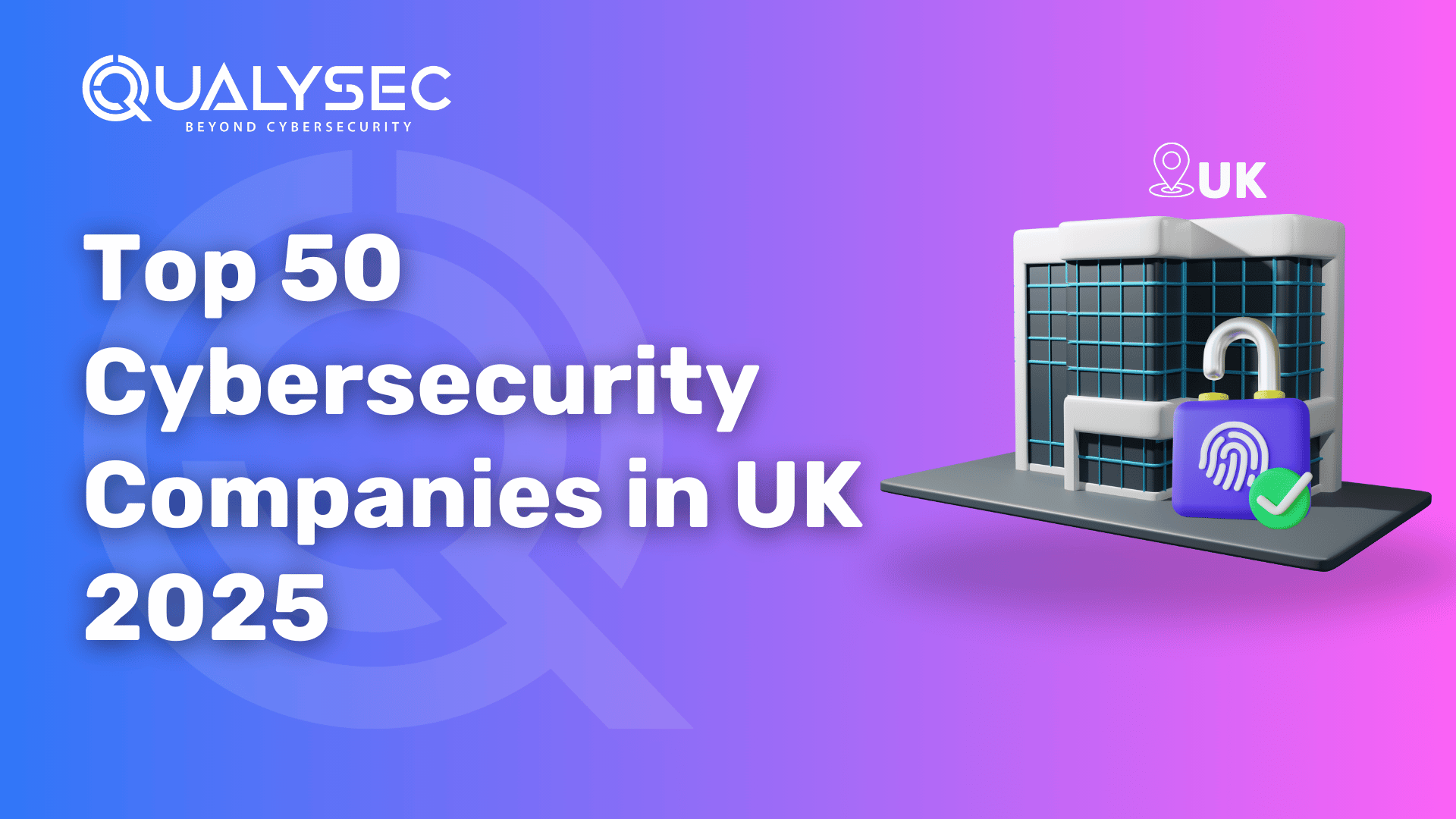Cybersecurity Companies in Europe: Navigating a Complex Digital Landscape
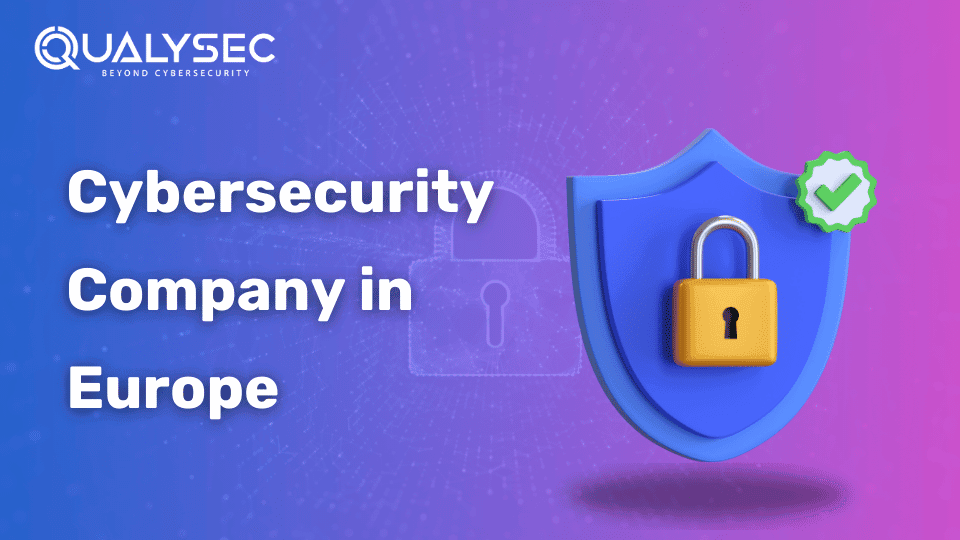
Strong 8k brings an ultra-HD IPTV experience to your living room and your pocket.
Europe stands at the forefront of global cybersecurity efforts, driven by stringent data protection regulations like GDPR, a rapidly evolving threat landscape, and a strong emphasis on digital transformation. This environment has fostered a thriving ecosystem of cybersecurity companies, ranging from established giants to innovative startups, all contributing to safeguarding the continent's digital infrastructure and data. Understanding this diverse landscape is crucial for businesses seeking robust protection in an increasingly interconnected world.
The European Union and its member states have consistently prioritized cybersecurity, recognizing its critical role in economic stability, national security, and individual privacy. This commitment is reflected in significant investments in R&D, the establishment of dedicated cybersecurity agencies, and cross-border collaborations aimed at sharing threat intelligence and best practices. As a result, Europe has become a hub for cutting-edge cybersecurity solutions, attracting talent and investment from across the globe.
The Evolving Threat Landscape
The need for advanced cybersecurity solutions in Europe has never been more pressing. Businesses and governments face a continuous barrage of sophisticated cyber threats, including ransomware attacks, phishing campaigns, supply chain compromises, and state-sponsored espionage. The rise of remote work, the proliferation of IoT devices, and the increasing reliance on cloud computing have expanded the attack surface, creating new challenges for organizations of all sizes.
In response to these evolving threats, cybersecurity companies in Europe are constantly innovating. They are developing solutions that leverage artificial intelligence (AI) and machine learning (ML) for advanced threat detection, implementing zero-trust architectures, and focusing on proactive security measures like penetration testing and vulnerability management. The emphasis is shifting from reactive defense to a more resilient and adaptive security posture.
Key Players and Specializations
The European cybersecurity market is characterized by a wide array of companies offering specialized services. Many firms excel in niche areas, while others provide comprehensive end-to-end security solutions.
Vulnerability Assessment and Penetration Testing (VAPT): A cornerstone of proactive cybersecurity, VAPT services are in high demand across Europe. These services help organizations identify and remediate weaknesses in their systems before malicious actors can exploit them. Companies specializing in VAPT often offer expertise in web application, mobile application, network, cloud, and API penetration testing.
Managed Security Services Providers (MSSPs): For organizations lacking in-house cybersecurity expertise, MSSPs offer outsourced security operations, including continuous monitoring, incident response, and threat intelligence. These providers play a vital role in extending robust cybersecurity capabilities to businesses, particularly SMEs.
Identity and Access Management (IAM): With the increasing complexity of user identities and access privileges, IAM solutions are crucial for controlling who can access what resources. European companies are developing sophisticated IAM platforms that integrate with various enterprise systems.
Data Protection and Privacy Solutions: Given the stringent requirements of GDPR, companies specializing in data encryption, data loss prevention (DLP), and privacy-enhancing technologies are highly sought after.
Cloud Security: As more businesses migrate to cloud environments, dedicated cloud security providers offer solutions for securing cloud infrastructure, applications, and data.
Incident Response and Digital Forensics: In the event of a cyberattack, rapid and effective incident response is paramount. Companies specializing in this area help organizations contain breaches, eradicate threats, and recover from incidents while preserving digital evidence for forensic analysis.
Security Consulting and Advisory: Many firms provide strategic guidance, helping businesses develop comprehensive cybersecurity strategies, conduct risk assessments, and establish security frameworks.
Regional Strengths and Noteworthy Markets
While the European cybersecurity landscape is interconnected, certain countries stand out as significant hubs, each with its own strengths:
The United Kingdom: The UK boasts a mature and dynamic cybersecurity market, home to a significant number of leading firms and a strong government commitment to cyber resilience. Its robust financial sector and critical national infrastructure necessitate advanced security measures, driving innovation and demand for services. You can learn more about the leading firms in this region by exploring our analysis of the top 50 cyber security companies in the UK.
Germany: Known for its engineering prowess and strong industrial base, Germany has a growing cybersecurity sector that focuses heavily on industrial control systems (ICS) security, automotive cybersecurity, and data privacy. The country's strict data protection laws also fuel demand for compliance-focused solutions. For a deeper dive, consider reviewing insights into the top cybersecurity companies in Germany.
France: France is another key player, with a strong emphasis on national cybersecurity capabilities and the development of cutting-edge technologies. The French government actively supports the growth of its cybersecurity industry, fostering innovation in areas like cryptography and critical infrastructure protection. Understanding the expertise available in this market is vital, and you can gain further insights by examining the landscape of cybersecurity consulting companies in France.
Nordic Countries: Countries like Sweden, Finland, and Norway are known for their strong innovation ecosystems and focus on secure digital transformation, often leading in areas like secure software development and secure IoT solutions.
Benelux (Belgium, Netherlands, Luxembourg): This region benefits from a strategic location and a strong focus on international cooperation, with companies specializing in network security, incident response, and cybersecurity education.
The Future of Cybersecurity in Europe
The European cybersecurity market is poised for continued growth, driven by several factors:
Regulatory Evolution: Future regulations and updates to existing frameworks (like NIS2 Directive) will continue to shape the demand for specific security services and compliance solutions.
Technological Advancements: The integration of AI, quantum computing, and blockchain will create both new threats and new opportunities for cybersecurity innovation.
Skills Gap: Addressing the persistent cybersecurity talent shortage remains a critical challenge, driving demand for managed services and automated solutions.
Geopolitical Factors: Ongoing geopolitical tensions and the rise of cyber warfare will continue to elevate cybersecurity as a top priority for governments and critical infrastructure operators.
In conclusion, the landscape of cybersecurity companies in Europe is robust, diverse, and constantly adapting to meet the challenges of the digital age. From specialized VAPT services to comprehensive MSSP offerings, European firms are at the forefront of protecting digital assets and ensuring a secure future. Businesses operating within or looking to expand into Europe must partner with capable cybersecurity providers to navigate this complex environment effectively. For more information on the leading cybersecurity companies across the continent, explore our main guide on cybersecurity companies in Europe.
Note: IndiBlogHub features both user-submitted and editorial content. We do not verify third-party contributions. Read our Disclaimer and Privacy Policyfor details.

